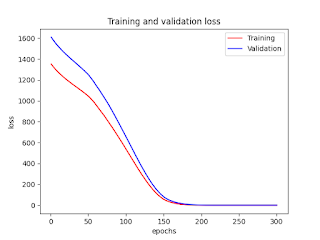1: Simple control programs (Input and output relations are pretty simple.)
2: Classical AI (many input and output patterns with assumptions, explorations, and knowledge)
3: Machine learning, i.e., learning rules and knowledge by using sample data (e.g., pattern recognition)
4: Deep learning, encoding and decoding, i.e., learning and then making rules by themselves (Finding concepts and feature values, which implies which data should be focused. It could be done by using Monte Carlo.) A part of representation learning.
Boom / Generation
1st (late 1950-60's): simple deduction/inference and exploration (search tree)
2nd (80's): knowledge input oriented
3rd (~2010 and after): machine learning, deep learning, IBM's Watson, singularity (Machines' CPU power exceeds human beings. AI create new and better AI and then it goes on with an accelerated speed.)
Challenges to understand humans' concepts
1. A body with various sensors as human being has.
2. Grammar
3. Instinct
4. Creativity (interaction with external environment, trial and error)
Does AI control humans?
Human = Intelligence + Life
Does AI create lives? If AI has its life, then it wants to keep their lives, defeat enemies, and create their own "children".
Irreplaceable human jobs
1. Management (e.g., CEO, division head) who has to make a decision with limited info, time and other resources.
2. Human interaction needed (e.g., some sales, shop clerk, restaurant workers, doctor/nurse, etc.)

